Fostering love and knowledge of agriculture and the environment
Agriculture is what feeds the world, yet many people have a very limited knowledge of how their food grows and where it comes from. Diana E. Collingwood, Assistant Commissioner at the US Virgin Islands Department of Agriculture, is on a mission to change this, not just to inspire the next generation of agriculturalists, but also to help existing farmers overcome the challenges of their important work.
TALK LIKE AN AGRICULTURE EDUCATOR
Agriculture — the science or practice of farming
Agronomist — an expert in the science of crop production and soil management
Food security — having reliable access to sufficient quantities of affordable and nutritious food
Holistic — considering things to be interconnected and part of a broader whole
Infrastructure — the physical and organisational structures that society relies upon, such as buildings, roads, energy networks and supply chains
Supply chain — the sequence of steps and processes involved in the production, processing and eventual distribution or sale of a commodity
Sustainability — being able to be maintained in the long term, often used specifically to mean the avoidance of the depletion of natural resources
Diana E. Collingwood is an agricultural educator and former Career and Technical Education Supervisor leading the administration and development of agricultural programmes in the US Virgin Islands. She is passionate about mentoring and motivating students from an early age about the importance of agriculture and the opportunities within the sector. Having grown up in the Caribbean, she has an in-depth understanding of the challenges the region faces and works tirelessly to inspire the next generation of agricultural professionals.
Agriculture in the US Virgin Islands
A US territory, the US Virgin Islands are a collection of tropical islands in the Caribbean. The islands face significant challenges with regards to agriculture, which stem from issues related to geography, politics, history, economics and education. “We import almost all of our food, and it’s not always the best quality,” says Diana. “We have the potential to grow high-quality food ourselves, but we don’t have the investment in agricultural education and infrastructure that we need to do so.”
Regulation is a problem, and the islands lack resources such as food processing facilities that would help provide a guarantee on quality. “We don’t have systems in place for supply chain tracking, to ensure food safety or to ensure that water and soil is being used responsibly,” says Diana. “For instance, we produce millions of gallons of wastewater that could be treated and used for irrigation, but instead it is pumped directly into the ocean.” The islands also have an open-borders policy on US mainland imports, which allows the free movement of goods. This means that unchecked, imported foods may bring pests or disease with them that can then spread to locally-produced foods.
The COVID-19 pandemic highlighted why such attitudes are such a pressing problem for the islands’ food security. Because the islands rely on imports, mainly from the US, any disruption to the supply chain has the potential to leave islanders hungry. “When the pandemic struck, the US prioritised supplying food to the mainland, and imports were heavily affected,” says Diana. “We urgently need a stable agricultural output to sustain food security, but we lack the investment needed to make this a reality.”
While these seem like practical issues, Diana believes that the root of the problem lies in attitudes towards agriculture. “Communities take agriculture for granted,” she says. “This extends to teachers and high school administrators, who often won’t consider agriculture when giving careers advice to their pupils.” While there are a range of scholarships and other opportunities available to help students work towards traditional and non-traditional careers in agriculture, highly respected careers, such as medicine or microbiology, are rarely considered as agriculture-related by the general public. As a result, many students and parents are unaware of the true range of opportunities that exist within agriculture.
An agricultural education
“I believe that it’s important to expose children to agriculture and the environment as early as possible,” says Diana. “It’s a topic that brings together so many important educational subjects: language arts, science, technology, mathematics, engineering and art.” Diana believes that agriculture can act as a vehicle to educate students holistically, while instilling a love of food and farming from an early age. “There’s something in agriculture to interest every individual,” she says. “Whether they’re interested in biology, geometry, engineering, chemistry, microbiology or in digging holes and looking for worms, starting early shows how the child’s interest ties into food, health and sustainability. And when a young person finds success in this area from an early age, it gives them the confidence to pursue excellence.”
As children grow older and become teenagers, Diana suggests drawing on individuals’ specific interests to dive deeper into relevant areas of agriculture. “For instance, many teenagers are interested in technology, which is being used more and more within agriculture,” she says. “Drone technology, for example, is leading us towards increasingly precise and efficient methods of farming.” One promising instance of this is the development of drones that can identify and pinpoint individual pest-infested plants in a crop field and target them with a spurt of pesticide. This is much more environmentally friendly, healthier and cheaper than indiscriminately spraying whole fields with pesticides. However, it requires agricultural professionals well-versed in technology to use them effectively.
Business and agriculture
Diana emphasises the importance of demonstrating to students that agriculture can lead to successful and profitable careers. To make this a reality, she has combined agriculture and business directly in the classroom. “I teach students how to grow plants, sell them, grow the next crop and make a profit,” she says. “At the end of the semester, students have earned money. That captures their attention because they benefit both educationally and financially.”
There are also plenty of additional skills that can be developed effectively through agriculture education. “We teach leadership and civic skills, and how to maintain a healthy and nutritious diet,” says Diana. “Students learn how to add value to products, to process and preserve food, and to manage their finances.” These skills are all transferable to any career path as well as to day-to-day life, helping students develop a well-rounded and universally useful education.
Support for agriculturalists
To encourage students to consider agricultural careers, it is important that there are rewarding career paths waiting for them. Some of the prejudices around agriculture do have their roots in reality. “Farming is currently one of the most stressful careers out there,” says Diana. “Unstable incomes, boundary disputes and a lack of support networks all make it a challenging career.”
Diana is determined to change this. “We currently have a $500,000 initiative that provides outreach and education activities for farmers and trains ‘first responders’ to support farmers in crisis,” she says. “We are educating farmers to identify sources and symptoms of stress, as well as providing tools such as laptops to help them build peer support networks and move away from working in isolation.” As well as helping farmers under stress realise that they are not alone, such networks enable them to share knowledge and best practice, and to organise community events and markets to promote and sell their products and the agricultural lifestyle.
Diana has high hopes for the future of agriculture in the US Virgin Islands. “Our top priority is building the technical expertise needed to sustain our own successful agriculture sector,” she says. “That’s my focus: preparing, educating, recruiting and retaining the next generation of agriculture professionals.”
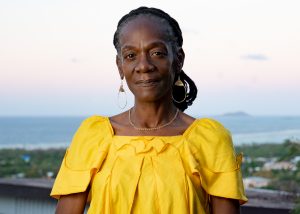 Diana E. Collingwood, MA, BSc
Diana E. Collingwood, MA, BSc
Assistant Commissioner, Virgin Islands Department of Agriculture (VIDA), USA
Fields of research: Agriculture Education
Research project: Educating the next generation of agriculture professionals on the US Virgin Islands and providing support for existing agriculture professionals
Funder: US Department of Agriculture (USDA)
Reference
https://doi.org/10.33424/FUTURUM418
Agriscience and science teacher STEM integration activity
(credit: M-DCPS)
(Unless otherwise stated, all images Diana Collingwood)
About agriculture
Diana is passionate about the wide range of careers available in agriculture, which can suit any talent or interest. Agriculture needs professionals from every area to make food production secure and sustainable. Below are profiles of just a few agricultural careers, which highlight the breadth of interests and expertise required by the sector.
Farm manager
Role includes: planning, organising and managing farm activities and staff. This includes managing finances, promoting products, buying and selling resources, and strategic planning
Why it might interest you: potential to build a successful business, excel through leadership, and work for yourself
Skills/knowledge required: business, mathematics, technical expertise
Agronomist
Role includes: maximising sustainable yields from crops, such as through selection of fertiliser, pest control methods, soil health and selective breeding
Why it might interest you: nurtures a deep knowledge of plants and how to use them to provide for society
Skills/knowledge required: plant sciences, regulatory knowledge, economics
Environmental engineer
Role includes: ensuring that agricultural practices provide a healthy environment, through building, evaluating and advising on systems for water management, waste disposal, soil health and energy usage
Why it might interest you: values technical expertise while helping human activities be more sustainable
Skills/knowledge required: chemistry, environmental science, engineering, geoscience
Ecologist
Role includes: assessing ecosystems and advising agricultural practices to ensure they minimise damage to, or even benefit, natural resources
Why it might interest you: uses a deep knowledge of the natural world and provides opportunities to protect the environment while providing for society
Skills/knowledge required: biology, life sciences, ecology, environmental management
Veterinarian
Role includes: providing medical care for livestock
Why it might interest you: involves working closely with animals while utilising medical expertise
Skills/knowledge required: veterinary science, medicine, communication
Explore careers in agriculture
• The National Women in Agriculture Association (NWIAA) is a wide-ranging network for women in agriculture across the US and its territories. Its website includes resources for accessing funding and education opportunities, as well as providing contact details for leaders in specific states and territories.
• The Communication for Agriculture Exchange Programs runs paid international exchange programmes to bring young adults together from different nations to network and share ideas related to agriculture.
• Salaries vary widely across different agricultural careers. Generally speaking, the more technical or professional expertise required for a role, the greater the salary. Diana notes that business skills are very valuable for farm owners and other agricultural workers to help maximise their income.
Pathway from school to agriculture
Diana emphasises that there is a career for every interest within agriculture. If you know you are interested in agriculture but are not yet sure about which specific area, many colleges and universities offer courses in agricultural sciences and related fields. Useful subjects to take in school that relate broadly to agriculture include biology, language arts, mathematics, physics, chemistry, graphic arts, geography, culinary arts, business and economics.
Meet Diana
I grew up in Trinidad in the Caribbean. My grandfather did not have a formal education, but he’s one of the wisest people I know. I followed him as he farmed and so learnt lots of scientific agricultural practices through practical experience.
Once, my grandmother lost her wedding ring in the garden. My grandfather found it and wanted to surprise her. He cut open an unripe pumpkin, hid the ring inside, and sealed the pumpkin using charcoal. When the pumpkin had matured, he gave it to my grandmother, who found the ring embedded inside! I learnt the many uses of charcoal from him: not just sealing vegetables, but also to clean up oil spills or to recover from food poisoning. My grandfather taught me the value of plants and natural products, and how nurturing a tree or crop can provide sustenance for generations.
My godfather also inspired me. He lived and worked at the University of the West Indies Research Centre as a caretaker, and I would visit him in the summers. He showed me how water and other factors affected the growth of crops, and showed me how animals were slaughtered, which created an early connection to the realities of food production.
I’ve been fortunate to work in several different nations around the world. The most important lesson I’ve learnt from these experiences is that you don’t have to be rich to help people – you have to want to make a difference. For instance, in Ghana, I was able to help students access elementary school, by helping families collect small amounts of money to buy uniforms and school materials. I learnt the importance of empowering others, and how this in turn benefits my own skills.
I was the first female to graduate from the University of the Virgin Islands’ School of Agriculture. I taught agriculture in middle school after graduating, and then went on to pursue further education at the University of Florida, which included focusing on agriculture and extension education, communication, special education, counselling and educational leadership.
I aim to inspire excellence in the next generation of agriculturalists. I want to show people the different agricultural professions available, the importance of nutrition, and how agriculture and the natural environment affects every aspect of our society. I have written a children’s book to help children to discover and value the environment. We have all the skills and resources we need to have truly sustainable agriculture; we just need to learn how to utilise them.
Diana’s top tip
There is a career in agriculture for any area of interest. Take the time to research career opportunities and see which align with things you are passionate about.
Do you have a question for Diana?
Write it in the comments box below and Diana will get back to you. (Remember, researchers are very busy people, so you may have to wait a few days.)

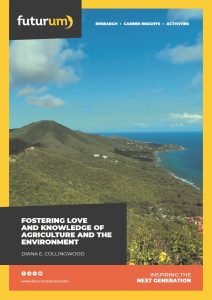
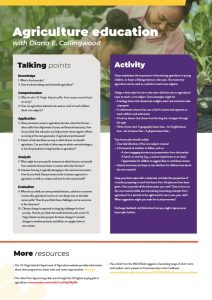
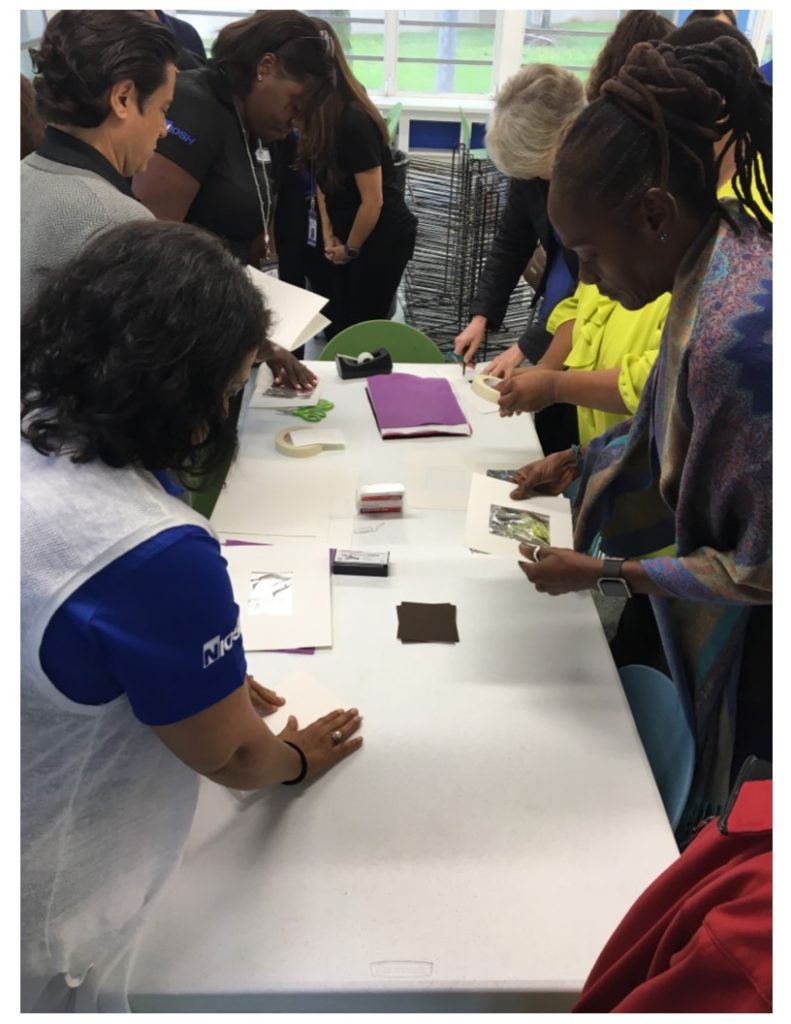
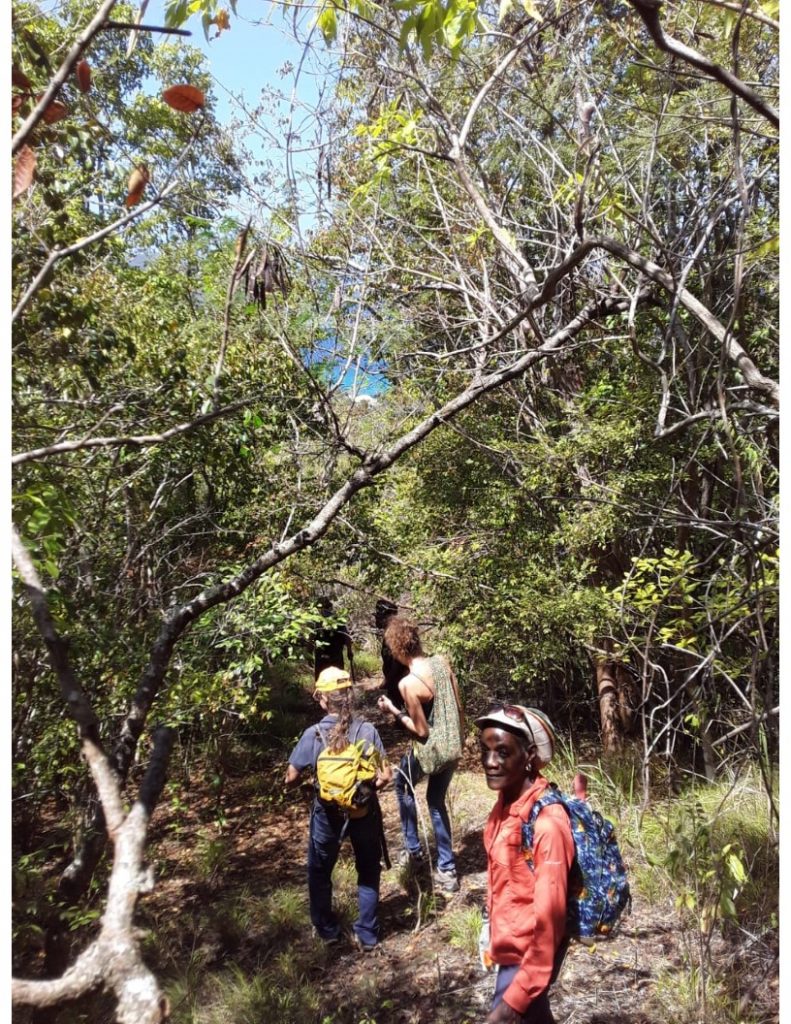
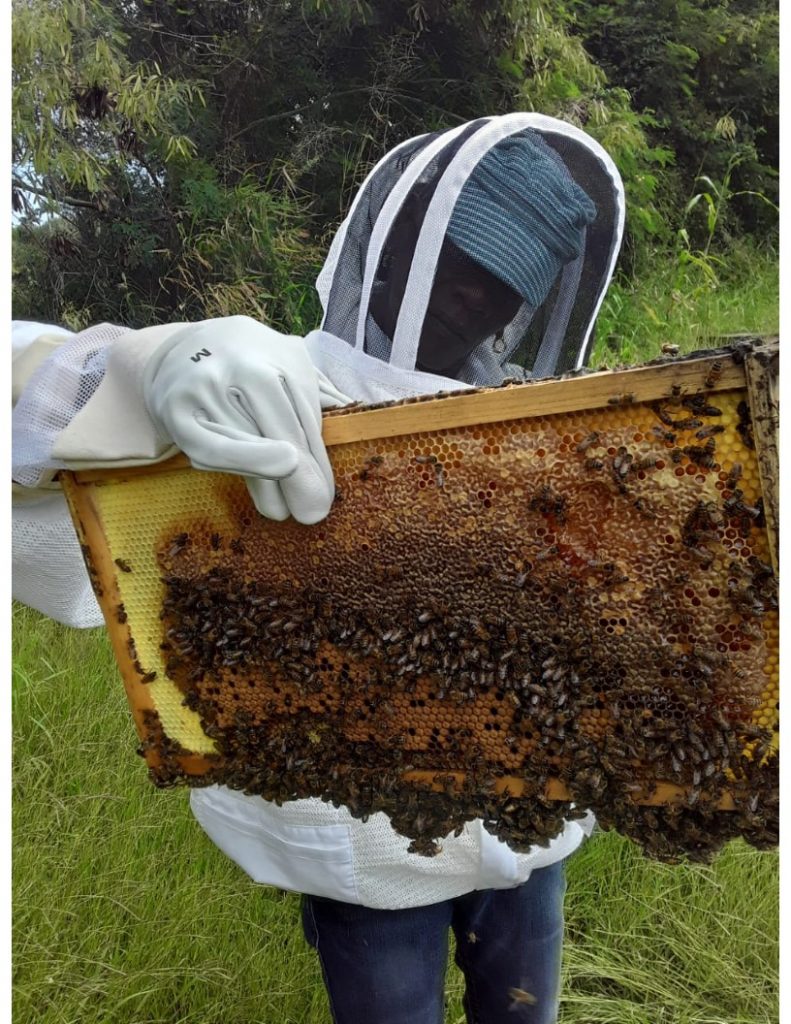
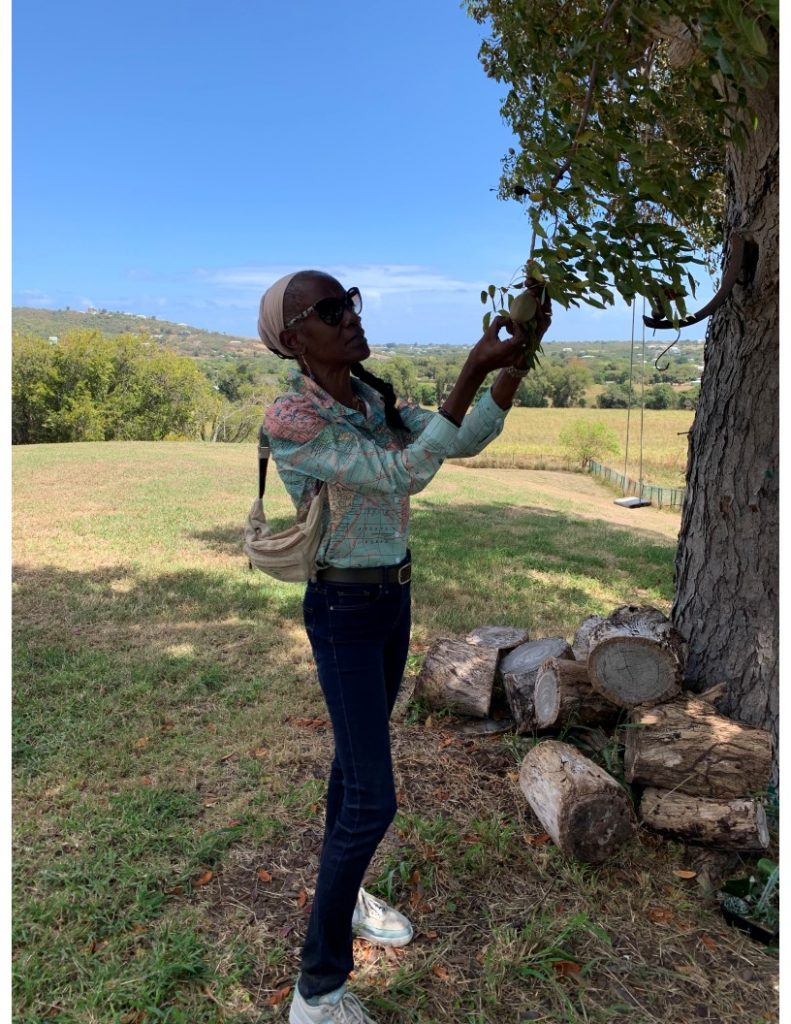
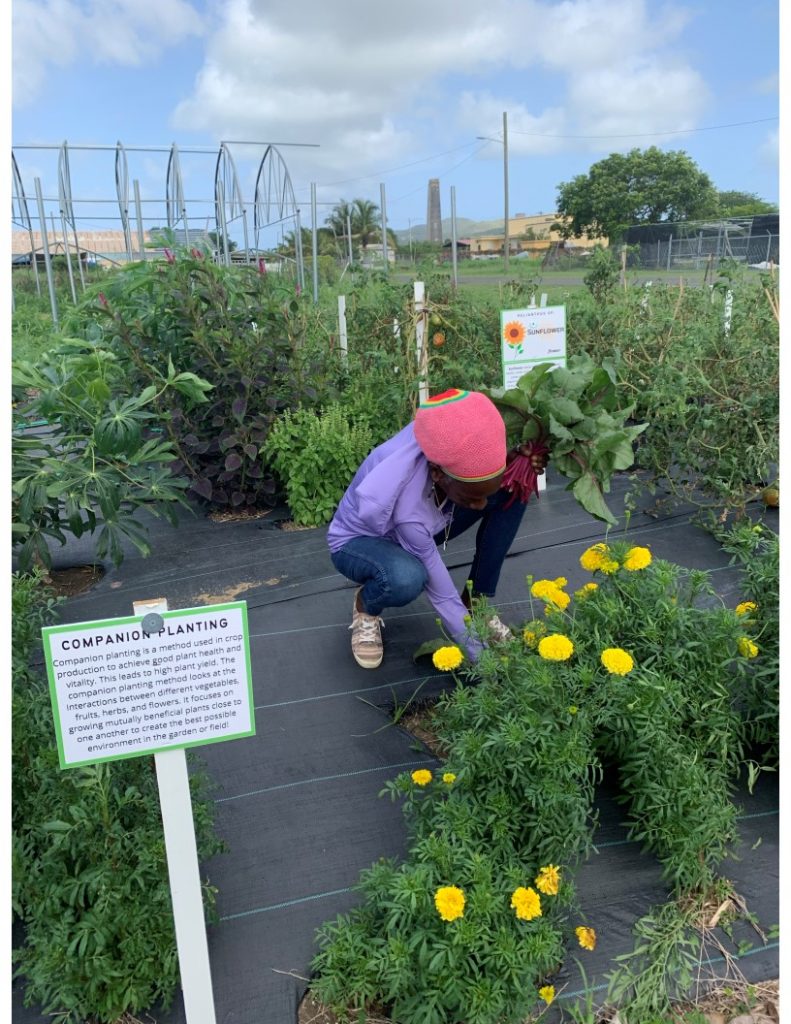
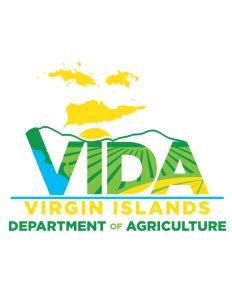
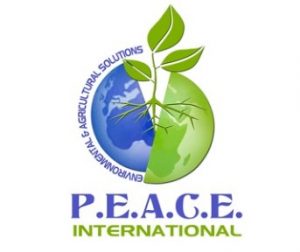
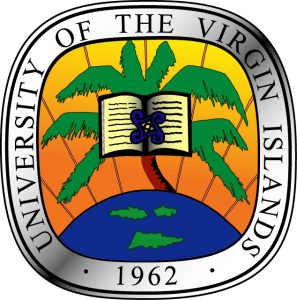
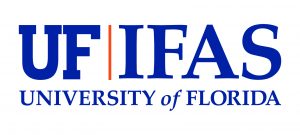

Thank you, how are you doing?
Hi Diana,
Thanks for your email. If you have a genuine question we will pass this on. If however you’re personally connected we’d suggest you reach out directly to the academic.
Futurum Webmaster.